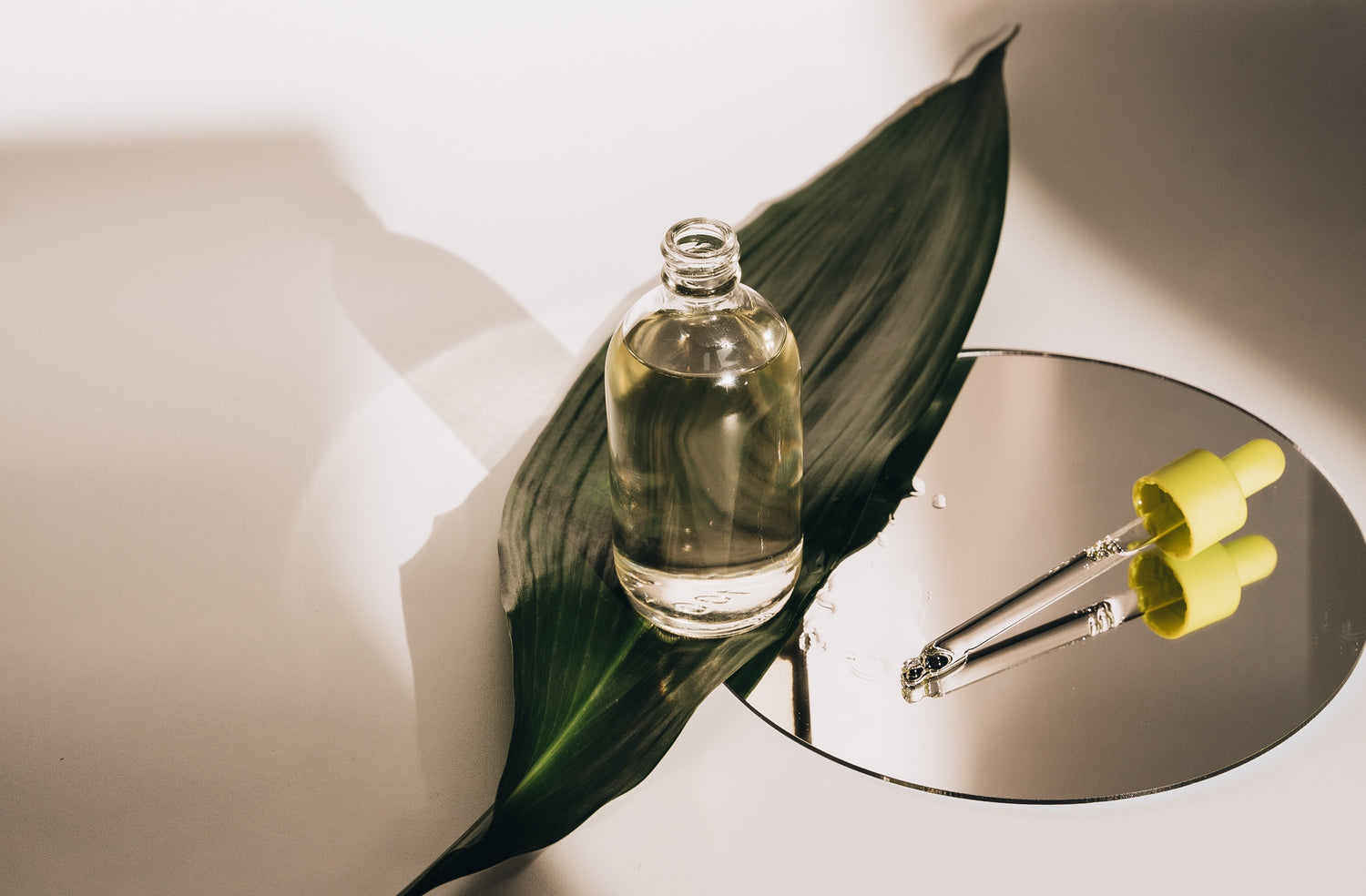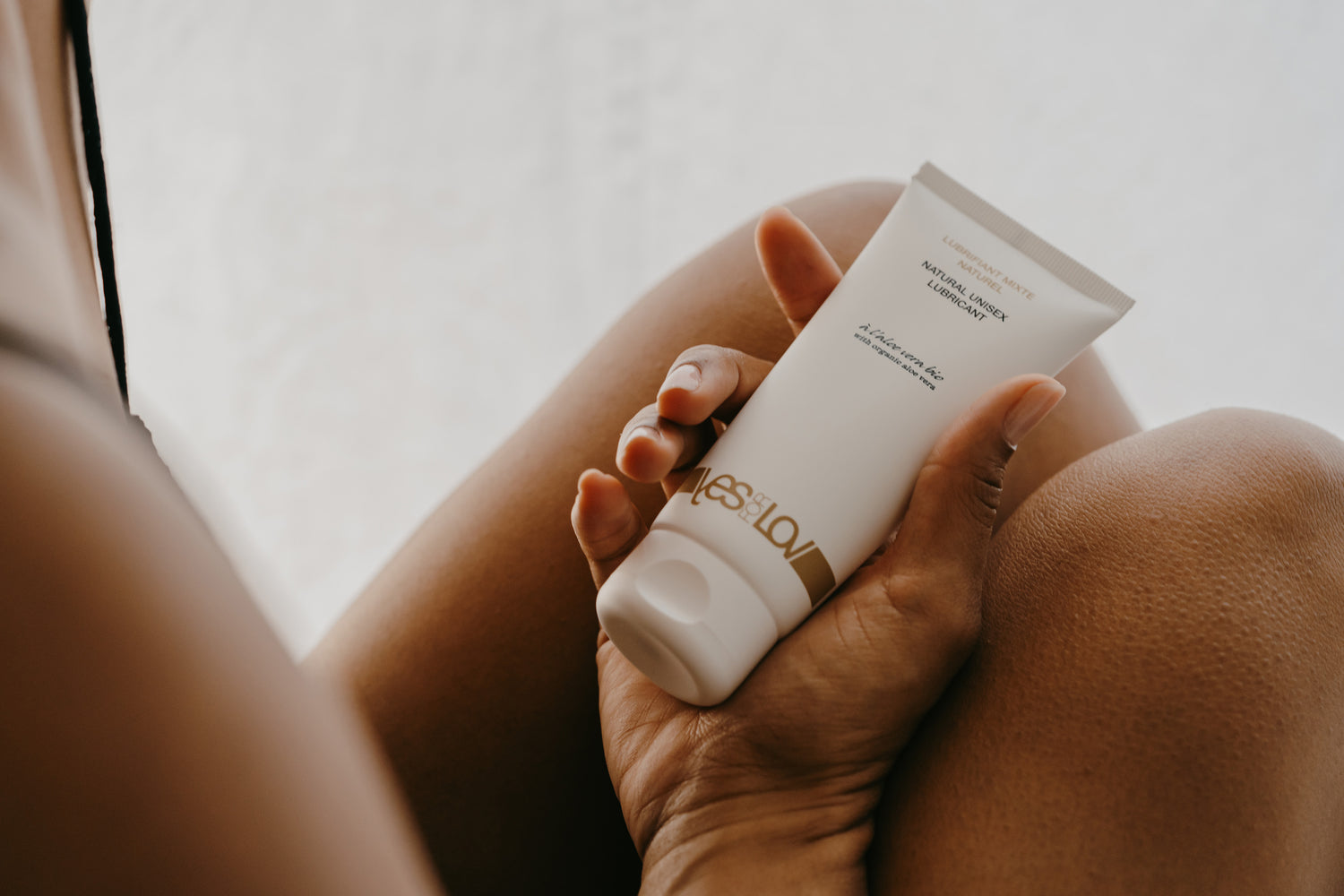More than 300,000 intimate lubricants from our range of glycerin-based cosmetics are sold each year at YESforLOV and have been for more than 16 beautiful long years. Our products have never encountered any difficulties with its users, no complaints on anything, both on the phenomenon of mycoses and on that of irritation of the mucous membranes. To date, none of our lubricants have been withdrawn from the market. To prove the harmlessness of our intimate lubricating gels , we carry out 2 tests . Practical case at your disposal with the moisturizing mixed lubricant , the bestseller and the best of intimate lubricants.
1st test: An evaluation of the tolerance and irritant potential of the product on vaginal epithelia
According to a clinical study conducted by an independent laboratory on the moisturizing mixed lubricant, no observations were recorded during this test. The average Irritation Index is 0. Moisturizing Unisex Lubricant is also rated as non-irritating . The cell death rate is also zero for a contact time of more than 3 hours. The cytotoxicity of the natural moisturizing lubricant, ie its properties to be toxic for the cells until they destroy them, is judged to be low even after 24 hours of exposure.
2nd test: A gynecological test which evaluates the clinical and gynecological tolerance and the acceptability of the product
The volunteers evaluated the product on its properties after use over a period of 21 days. According to this test, the overall satisfaction is 100% , with all participants wishing to continue using the product. Here are the results of the usage test relating to the effectiveness of the product (positive responses ≥ 75%*):
- The product delivers a feeling of freshness
- The product brings a feeling of well-being
- The product provides a feeling of comfort
- The product moisturizes the external genital mucosa
- The product nourishes the external genital mucosa
- The product is gentle on the skin of the intimate area
- The product has a lubricating effect on the skin of the intimate area
- The product does not give a feeling of discomfort
- The product does not irritate the intimate area
- The external genital mucosa is flexible
- The external genital mucosa is soft
- The product is suitable for the intimate area
- The product respects the intimate area
The conclusion of the report is that the product offers excellent gynecological tolerance , according to the scale adopted, on the external genital area and excellent cosmetic acceptability, with 100% favorable opinions.
In the same way, we have also tested on reconstituted mucous membranes our gourmet oils which contain 95% glycerin and also sugar. According to these irritation tests, gourmet oils are neither irritating nor toxic . On the skin, the irritation index is 0.09, which is very very low . On the mucous membrane, it can only become so if the product is in contact with the mucous membrane for more than 24 hours.





